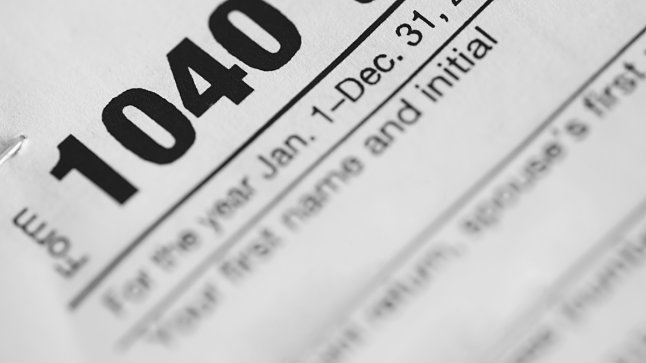How are Ministers Different from Non-Ministers for Tax Purposes?

How are Ministers Different from Non-Ministers for Tax Purposes?
Building an appropriate compensation structure for church employees can be a daunting task, especially when it comes to those who are considered ministers for tax purposes. Since many church treasurers and finance team members are usually volunteers, they may not be aware of the difference between tax rules for ministers and non-ministers. As a result, ministers may end up paying unnecessary taxes.
There are five major differences between the tax status of a minister and that of a non-minister:
1. Ministers who work in an open-ended position with a church have a dual tax status. For income tax purposes, the IRS typically views ministers as employees of the church where they are paid to serve. Yet, the Social Security Administration views all ministers as self-employed for Social Security and Medicare purposes, regardless of whether they are on a church staff or doing itinerant ministry. In spite of this dual tax status, the proper year-end tax documentation for a minister who serves on a church staff is a Form W-2, not a Form 1099-MISC.
2. Ministers who participate in Social Security and Medicare pay SECA (Self-Employment) taxes. In an ordinary employer-employee relationship, the employer and employee split the cost of participating in Social Security and Medicare. However, since ministers are considered self-employed for Social Security, they pay both halves themselves. The SECA tax rate is 15.3% of a minister’s gross salary, housing allowance, and taxable benefits. Additionally, if a church provides a parsonage for a minister, the minister must pay SECA taxes on the fair rental value of the parsonage plus any utilities paid for by the church.
3. Some ministers choose to opt out of Social Security and Medicare for their ministerial income. Ministers who have a religiously-based conscientious objection to receiving public benefits from the government for their ministerial income may choose to opt out of Social Security and Medicare. To do so, they must file IRS Form 4361. The deadline for filing is the due date, including extensions, of the federal tax return for the second year in which a minister has ministerial earnings of $400 or more. While it may be tempting for a young minister to opt out of Social Security and Medicare based on their desire not to pay SECA taxes, the decision must be made based on religious beliefs, not merely a desire to pay fewer taxes.
4. Churches are not required to withhold taxes from a minister’s wages. In a normal employer-employee relationship, the employer is required to withhold federal and state income taxes as well as one half of the Social Security and Medicare taxes for every non-minister employee. This is also true of a church that has non-minister employees. Nonetheless, churches are not required to do so for their ministerial employees.
This does not mean ministers do not have to pay taxes. Ministers have three options for submitting their payroll taxes:
- Make quarterly tax deposits. Ministers can choose to make their own quarterly tax deposits. These deposits are due on April 15, June 15, September 15, and January 15 each year. All minsters who choose this route will file a Form 1040-ES with the IRS each quarter, along with one-fourth of their estimated federal income tax and SECA taxes. Some states also require those who work there to pay state income taxes. In Arkansas, the quarterly state income tax estimate is paid by submitting a Form AR1000ES, along with one-fourth of their estimated state income tax to the Department of Finance and Administration. The Form 1040-ES may be found on the IRS website, and the Form AR1000ES may be found on the DFA website.
- Have the church withhold taxes. If both the church and the minister are willing, the church may withhold and submit both federal and state income taxes for their ministers. However, since ministers are self-employed for Social Security and Medicare purposes, churches may not submit Social Security and Medicare taxes for their ministers. Some ministers choose to have the church withhold and submit extra federal income taxes to offset their SECA tax liability.
- Have another employer withhold. If a minister, or their spouse, has a secular job outside the church, the IRS allows extra federal income taxes to be withheld from one of those sources. This extra withholding will offset the tax liability incurred for the ministerial income. Simply stated, the IRS does not care where they get your money from, as long as they are getting it.
5. Churches are allowed to designate a housing allowance for their ministers. Churches may designate a portion (up to 100%) of a minister’s wages as a housing allowance. To the extent that the minister uses the housing allowance to pay for their out of pocket housing expenses, it is considered exempt from taxation for federal and state income tax purposes. The housing allowance is still subject to SECA taxes. Likewise, any amount not spent on legitimate housing expenses, as defined by the IRS, is considered taxable income and would, therefore, be subject to both federal and state income taxes.
The wise church will take into consideration all the differences between ministers and non-ministers when constructing a minister’s compensation. Doing so will ensure the smallest possible tax liability for their ministerial staff while ensuring compliance with IRS payroll requirements for employers. That is a win-win in anyone’s book!